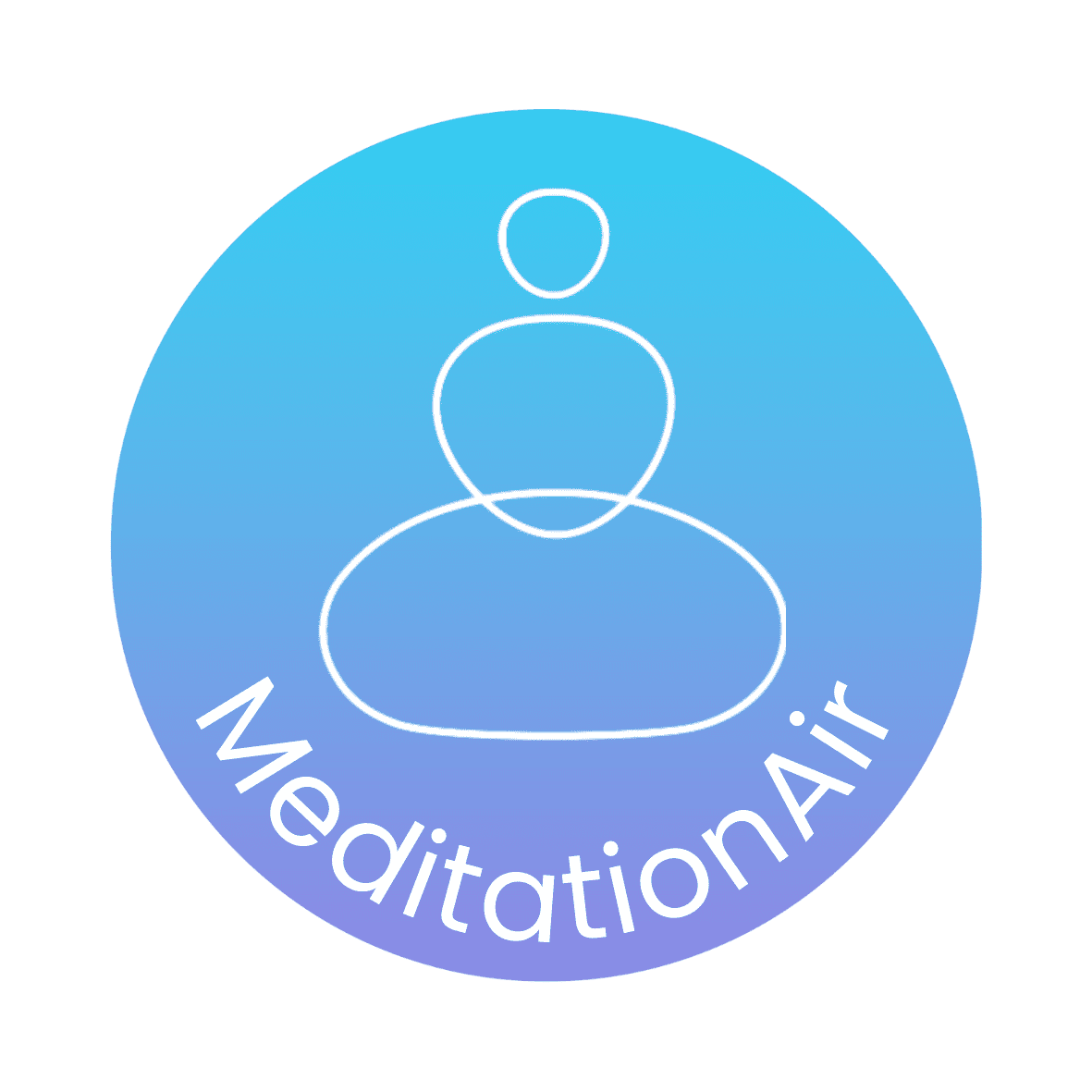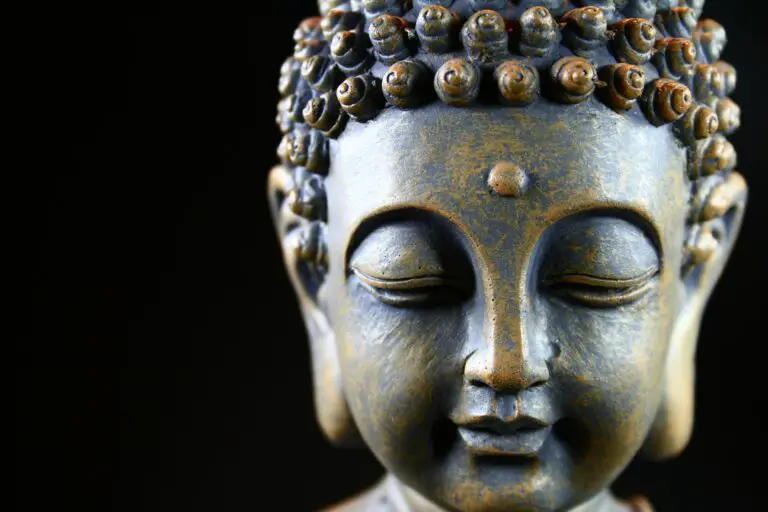
Meditation And Mental Health: The Best Natural Ways to Relieve Anxiety and Depression
Are you looking for a natural way to relieve anxiety and depression? Meditation has been around for centuries, used by cultures from all over the world. Today it is gaining more attention due to its potential benefits in promoting mental health. In this article I’m going to explore how meditation can help us manage our emotions and reduce stress levels.
Meditation is an ancient practice that helps people relax their bodies and minds. It’s also incredibly versatile – it can be incorporated into any lifestyle or budget, doesn’t require any special equipment, and can be practiced almost anywhere. Research suggests that regular meditation can have significant effects on reducing symptoms of anxiety and depression as well as improving overall wellbeing.
The goal of mediation isn’t just to sit still with your eyes closed – it’s about cultivating mindfulness and awareness so we can become more conscious of our thoughts and feelings, allowing us to respond rather than react when faced with challenging situations. With regular practice, meditation can provide us with the tools we need to regulate our emotions and build resilience against stressful events. Now let’s dive deeper into understanding how meditation works for mental health!
Benefits Of Meditation
Meditation is a powerful tool for reducing stress and improving mental health. It can help to alleviate the symptoms of anxiety and depression, as well as provide self-awareness and inner peace. By taking time out of our hectic lives to practice mindfulness, we are able to gain clarity into our thoughts and feelings. This helps us better understand ourselves, allowing us to make wiser decisions in life.
The physical benefits of meditation should not be ignored either; when practiced regularly, it can reduce blood pressure and inflammation levels throughout the body. With its ability to decrease stress hormones such as cortisol and adrenaline, it provides an effective way of calming down during difficult times. Meditation also encourages relaxation through deep breathing techniques that soothe the mind and spirit.
By becoming more aware of ourselves both physically and mentally through meditation, we are able to move away from negative thinking patterns towards healthier ones – ultimately leading us toward greater wellbeing. Transitioning into this new state of being allows us to become free from worry or fear while achieving contentment within ourselves.
Types Of Meditation
Did you know that over 18 million adults in the United States practice meditation? With so many different types of meditations, it’s no wonder why this number is so large. From mindfulness to guided and transcendental, there are countless techniques available for people looking to reduce stress and improve their mental health.
Qigong is great for those who want to experience a combination of physical exercise with mindful breathing. It’s an ancient Chinese wellness system that consists of slow movements and deep inhalations. Similarly, Vipassana focuses on developing awareness through observation and insight into one’s thoughts and feelings. This type of meditation involves sitting still while focusing on your breath and body sensations without reacting or judging them. Both methods can be incredibly effective when practiced regularly for reducing anxiety levels and improving overall wellbeing.
Whatever method you choose, all forms of meditation have the potential to provide amazing benefits for your mental health if done properly. So don’t wait any longer – start exploring these practices today!
Practicing Meditation For Anxiety And Depression

Moving on from the types of meditation, it is time to look at how practicing meditation can help with anxiety and depression relief. It has been proven that taking part in regular meditative practices can provide a natural way to reduce stress levels and improve mental health overall.
For those suffering from anxiety or depression, learning mindfulness techniques through meditation can be particularly beneficial as they allow you to become aware of your thoughts and feelings without judging them. This helps create an inner space where uncomfortable emotions can be processed more calmly and objectively. Additionally, focusing on breath work during meditation encourages relaxation which reduces physical symptoms associated with both disorders such as shallow breathing, rapid heart rate, and muscle tension.
Overall, there are many ways for people to practice different forms of meditation in order to find what works best for their needs. By incorporating mindful activities into your daily routine, you will likely begin experiencing reduced levels of anxiety and improved moods over time. With consistent effort in cultivating this skillful habit, one can achieve long-term benefits in terms of mental wellbeing.
Conclusion
In conclusion, meditation is a natural way to help reduce symptoms of anxiety and depression. It has been proven to relieve stress, improve sleep quality and even boost moods. Practicing meditation can offer an alternative form of therapy for those looking for ways to take control over their mental health.
Meditation gives us the opportunity to become more mindful of our thoughts and feelings that often lead to anxious or depressed states of mind. By exploring these states in a non-judgmental manner, we are better able to understand them so that they do not have as strong of an effect on us emotionally. Through this practice, we can gain insight into how our minds work and make conscious decisions about how we want to feel going forward.
By regularly practicing meditation, you can achieve lasting improvements in your mental health including increased self-awareness and emotional regulation. Like climbing a mountain peak, it takes consistent effort but with patience and dedication the view from the top will be worth all the hard work!


